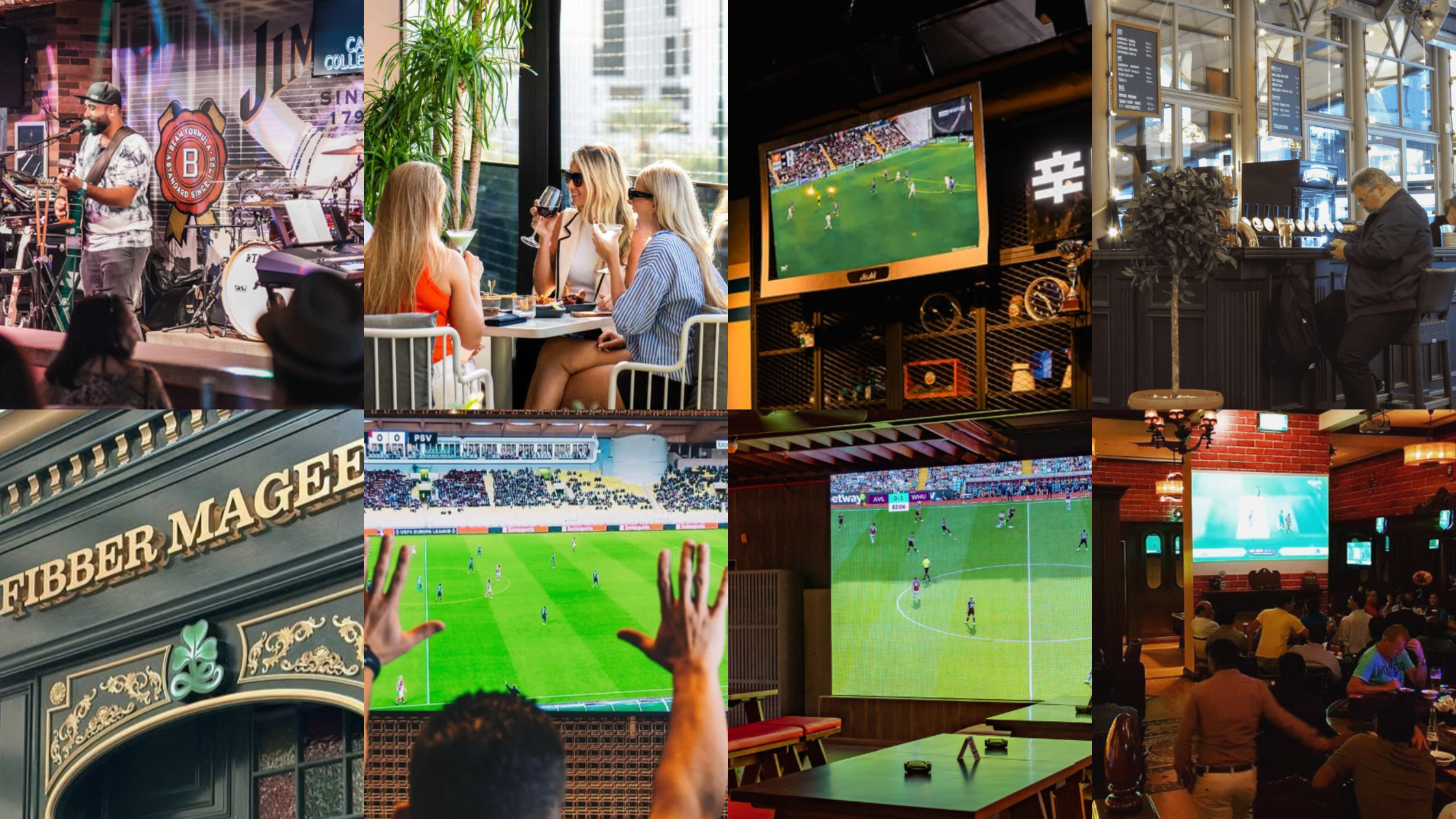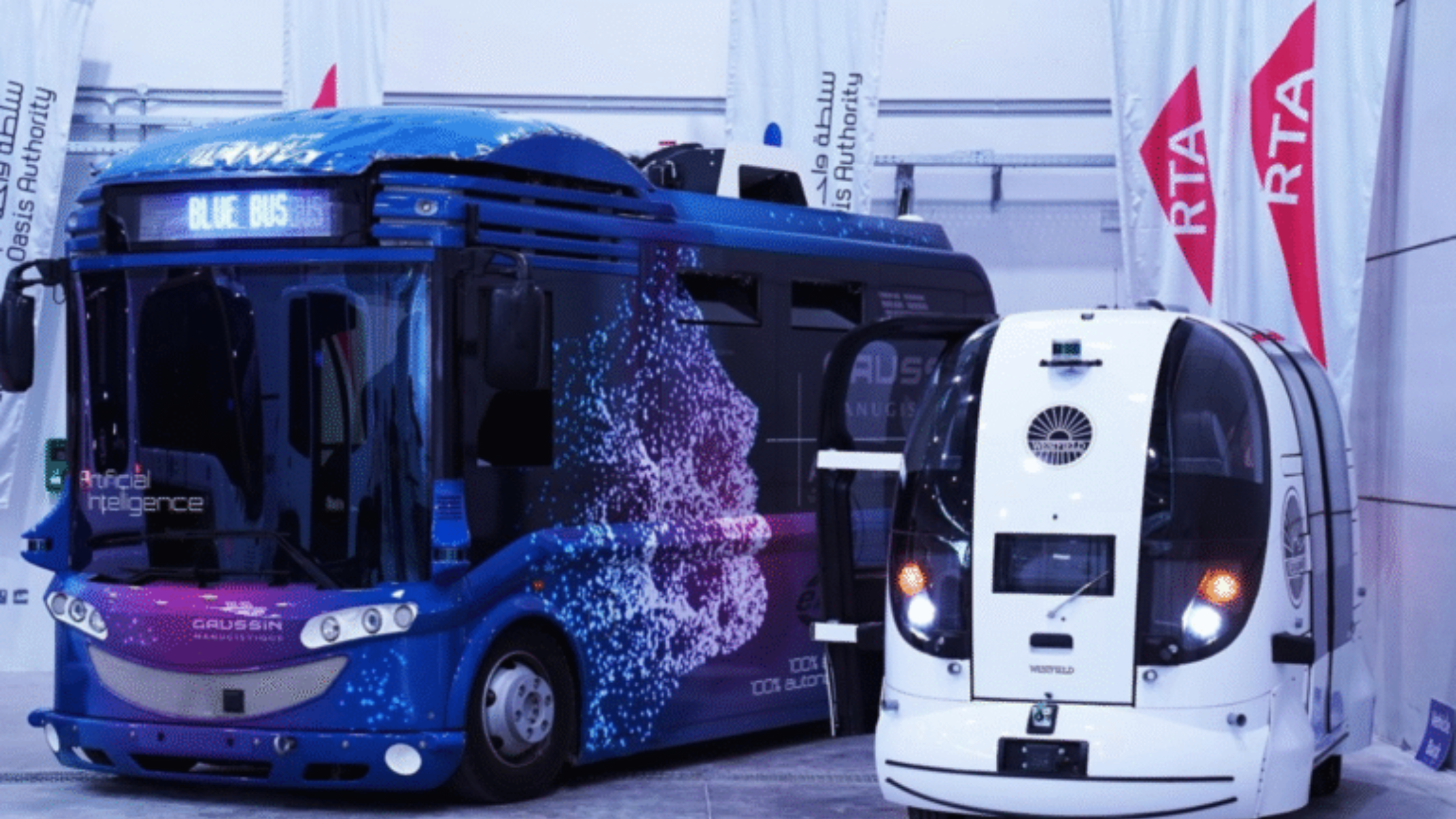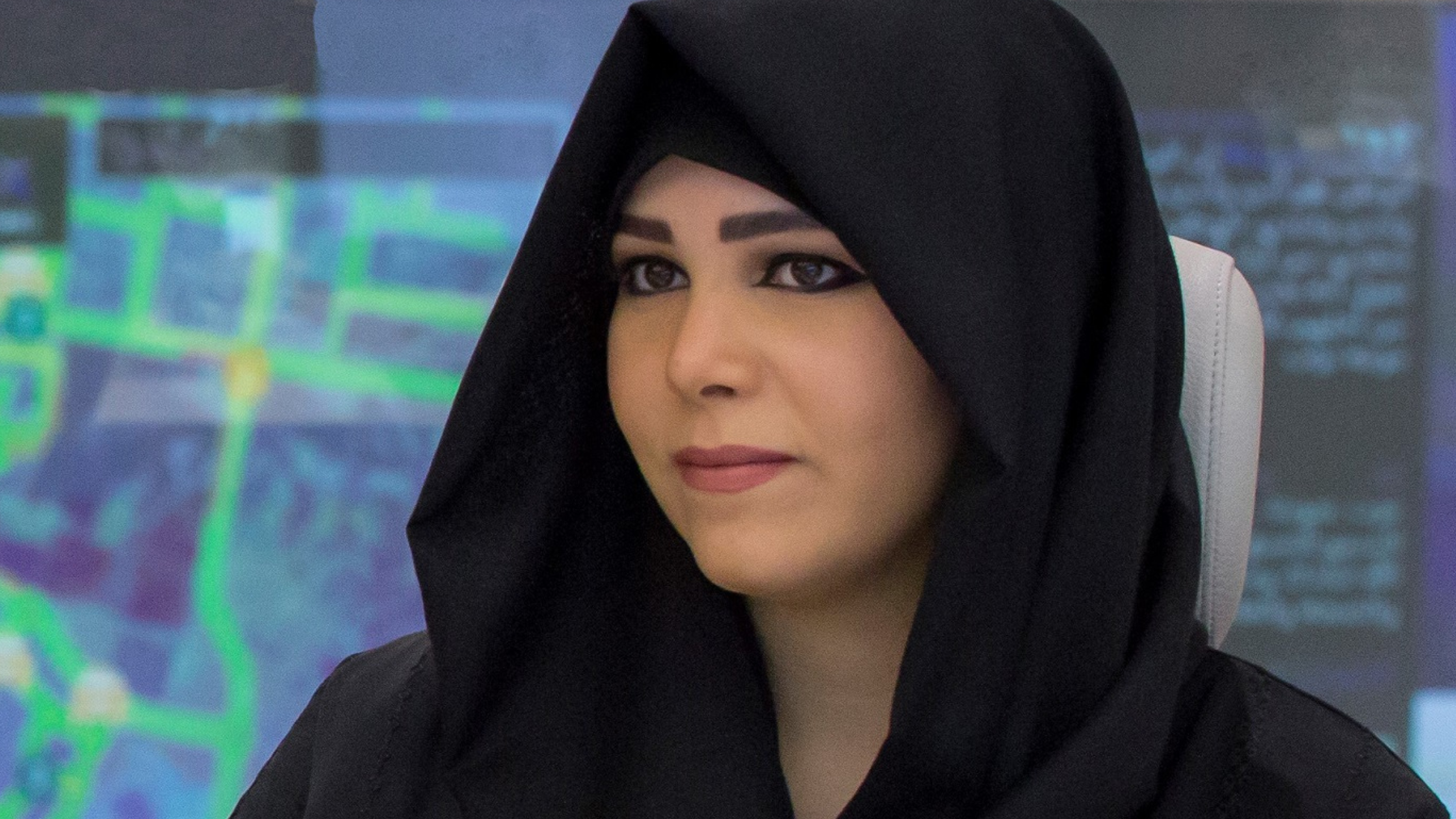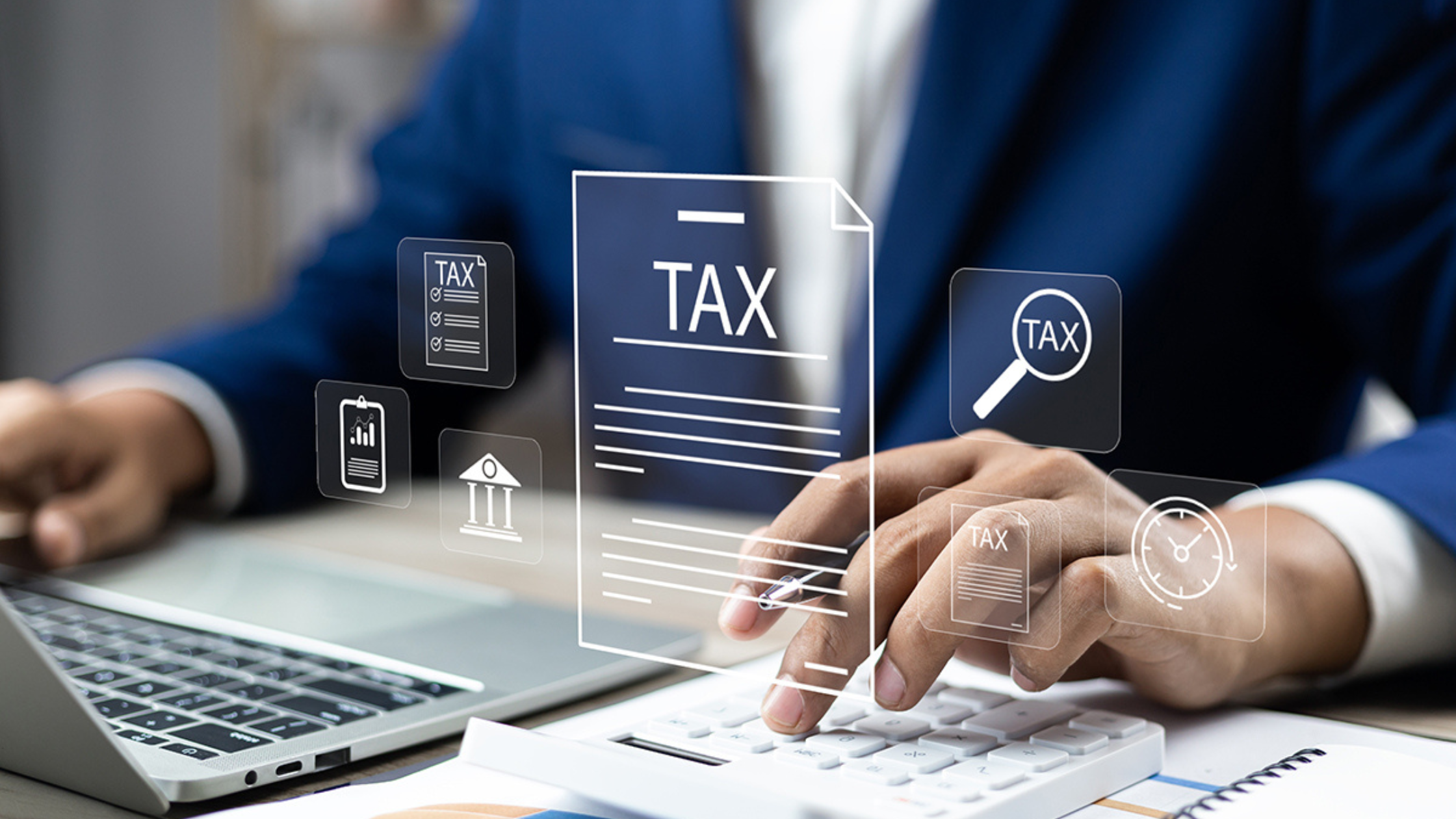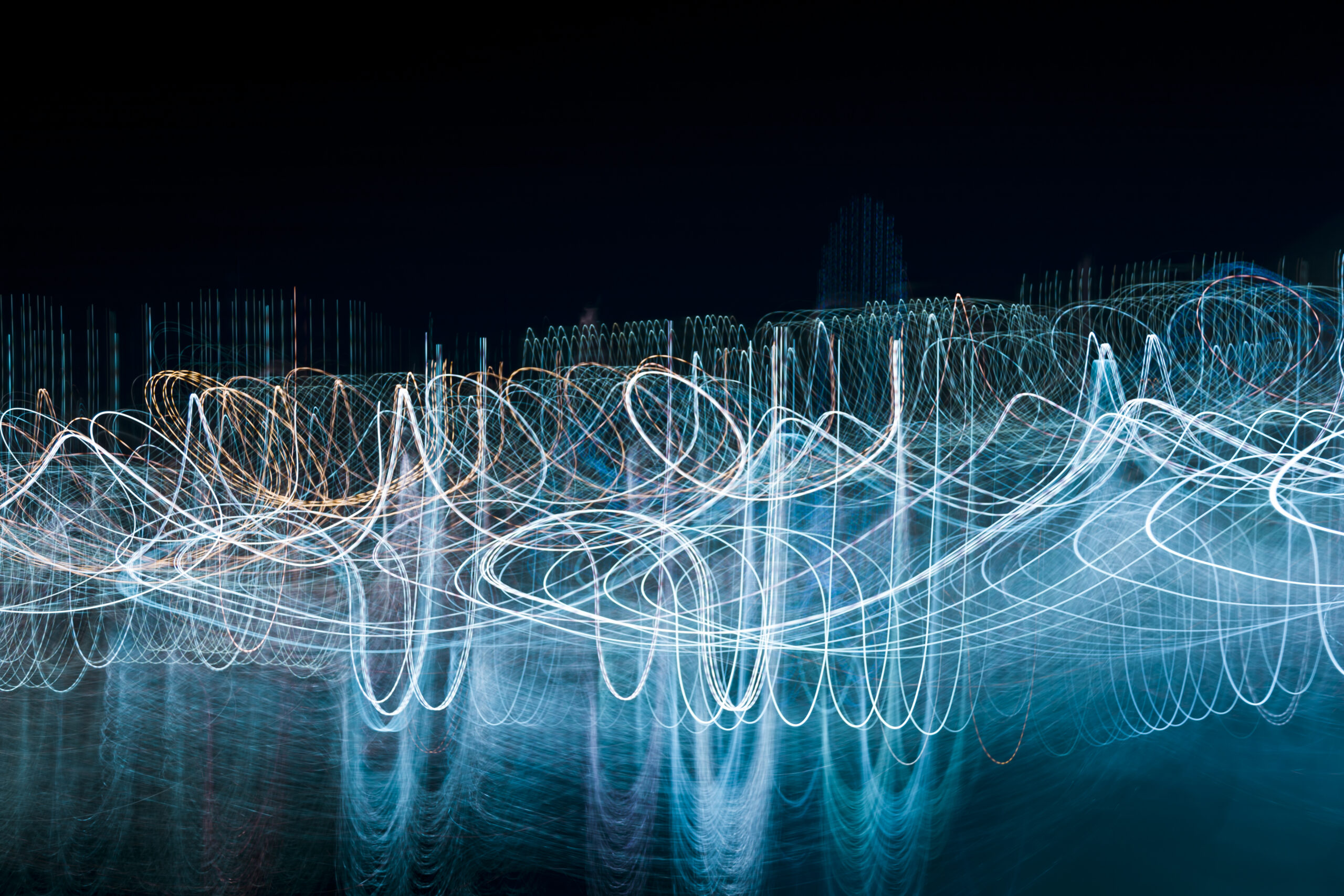Ras Al Khaimah Schools Embrace AI With Teacher Training and Hackathons

Ras Al Khaimah is making a major shift in its education system in 2025 by introducing artificial intelligence (AI) directly into classrooms. The Department of Knowledge has launched a wide-ranging plan that includes teacher training, robotics programs, and new AI-focused curriculums. With support from global tech partners like Google, these initiatives aim to give students the tools and skills they need to thrive in a world where digital technologies are shaping every industry.
Eight private schools in the emirate are already piloting AI and robotics lessons, moving beyond after-school clubs to bring advanced learning into daily teaching. By combining classroom instruction with hands-on projects and competitions, Ras Al Khaimah is creating a learning environment that prepares both teachers and students to use AI responsibly. This approach not only supports the UAE’s national innovation strategy but also positions Ras Al Khaimah as a leader in education technology within the region.
Ras Al Khaimah Takes a Big Step in Education
Ras Al Khaimah (RAK) is moving fast to bring artificial intelligence (AI) into classrooms. The Department of Knowledge (RAK DOK) is leading the change with a full plan that includes teacher training, robotics programs, and updated school curriculums.
Eight private schools are already trying out these programs, covering both primary and secondary levels. What began as small AI and robotics clubs is now becoming part of daily classroom lessons.
This move shows how serious RAK is about preparing students for a future shaped by technology. By adopting AI now, the emirate is joining other UAE regions in creating a strong base for digital education.
From Small Clubs to Everyday Learning
At first, AI and robotics in schools were only part of after-school clubs. Students joined these clubs to learn basic coding, robotics, and problem-solving skills.
The success of these clubs encouraged the Department of Knowledge to make AI a permanent part of classroom teaching. Now, students use robots not only for fun projects but also to solve math problems, learn coding, and practice teamwork.
This shift means AI is no longer a side activity. Instead, it is becoming as important as subjects like math, science, or languages. Students are learning that AI is not a far-off idea it is a skill they can use today.
Training Teachers First for Better Results
A strong part of this project is teacher training. Nasiba Alrawi, Manager of Innovation and Technology at RAK DOK, explained that teachers must learn how to use AI before teaching students.
Training programs show teachers how to use AI tools in a responsible way. The focus is not only on technical skills but also on ethics. Teachers learn how to guide students so they use AI for creative problem-solving, not for copying answers.
With this training, classrooms will change. Teachers will be more confident, and students will see AI used in positive, practical ways. This makes learning interactive, engaging, and future-ready.
Different Approaches for Different School Systems
The integration of AI is not the same for every school. RAK has adapted the program to fit different education systems.
In schools with the Arabic curriculum, students have a one-hour weekly class to study AI basics. They focus on simple coding, robotics, and hands-on exercises.
In schools following the British curriculum, AI is blended into computer science lessons. It is also linked with other subjects. For example, math classes may use AI-powered robots, while humanities classes may discuss AI ethics.
This flexible plan makes sure that students from all backgrounds learn AI in a way that suits their studies.
Making AI Fun: Competitions, Projects, and Hackathons
AI is not only about classroom lessons in Ras Al Khaimah. The Department of Knowledge also wants students to enjoy learning through competitions and hands-on projects.
Robotics programs are now linked with classroom activities. Students build, code, and use robots to solve practical problems. These activities help them practice teamwork and critical thinking.
The most exciting step is an upcoming coding and AI hackathon, organized with Google. This event will invite students and university learners to work on real-world challenges. Categories will include areas such as sustainability and AI-driven solutions.
By joining hackathons, students will get real experience in creating new ideas with AI. It will prepare them for future careers where such skills will be in high demand.
Why AI in Schools Matters for the Future
AI is becoming part of everyday life from apps on phones to smart tools at work. By adding AI to education today, RAK is helping students prepare for a future where these skills will be essential.
Students who learn AI and robotics now will be ready for jobs in many fields, from healthcare to business. They will also develop problem-solving and creative thinking skills, which are useful in any career.
For the UAE, this project supports the national goal of being a leader in technology and innovation. By starting early in schools, RAK is making sure its students grow into confident, future-ready leaders.
Empowering Teachers and Students Together
Nasiba Alrawi summed it up well: “Our vision is to empower both teachers and students, ensuring they are future-ready and confident in using AI responsibly.”
This vision is about more than just teaching coding or robotics. It is about building a culture where teachers guide students to use technology wisely, and students feel inspired to create, explore, and solve problems.
By focusing on both teachers and students, RAK is creating an education system that is ready for the future while staying grounded in responsible use.
Ras Al Khaimah’s Role in the UAE’s Education Vision
This move in RAK is part of a bigger picture. Across the UAE, cities like Dubai and Abu Dhabi are also adding AI to schools and universities.
By introducing AI programs, RAK is not only supporting the national vision but also highlighting its own role as a hub for education and innovation. Together, these efforts are shaping the UAE as a global leader in education technology.
Building a Model for the Region
Ras Al Khaimah’s AI in schools program is more than just a local change. It can serve as a model for the Middle East.
By focusing on teacher training, student empowerment, and hands-on experiences like hackathons, RAK is showing how AI can be added to education in a responsible, exciting way.
These changes mean students will not only learn about AI but will also know how to use it creatively. Teachers will feel prepared to guide them, and schools will become places of innovation.
As technology grows, Ras Al Khaimah is making sure its students are not left behind. Instead, they are being prepared to lead the future.

